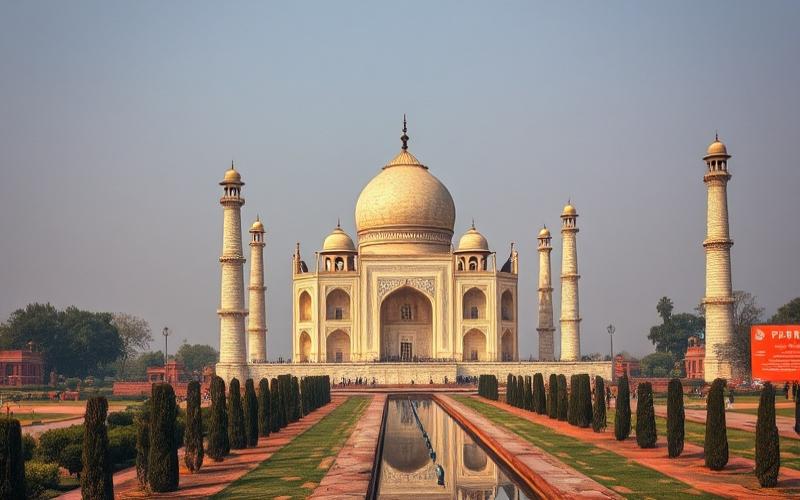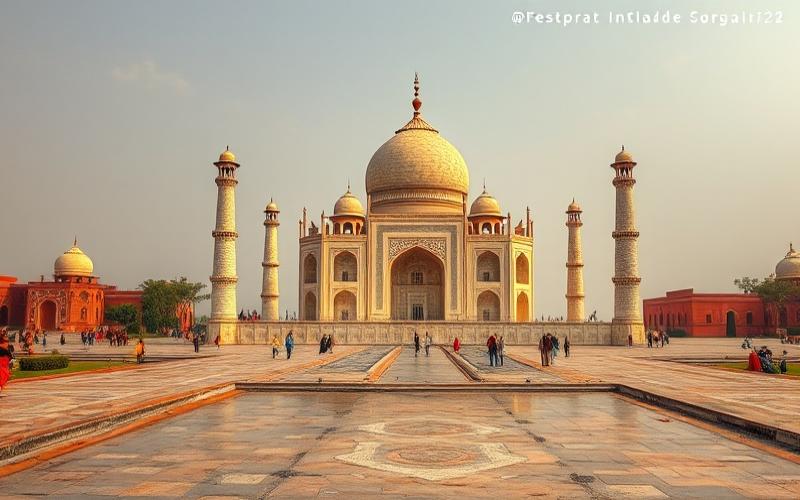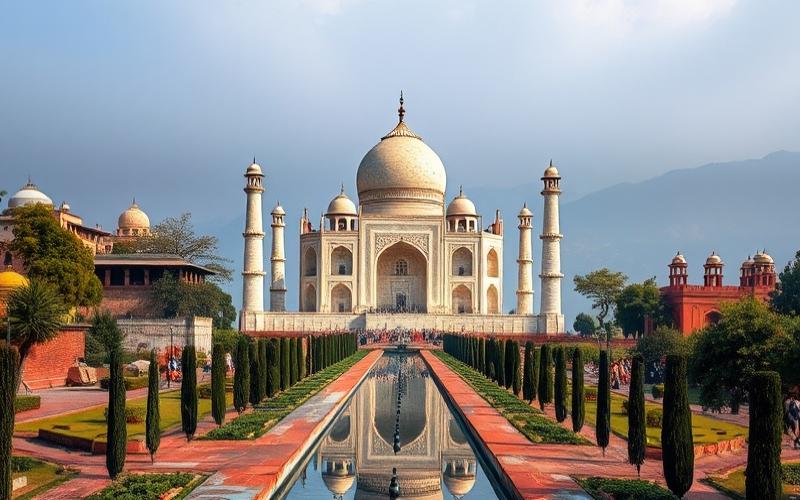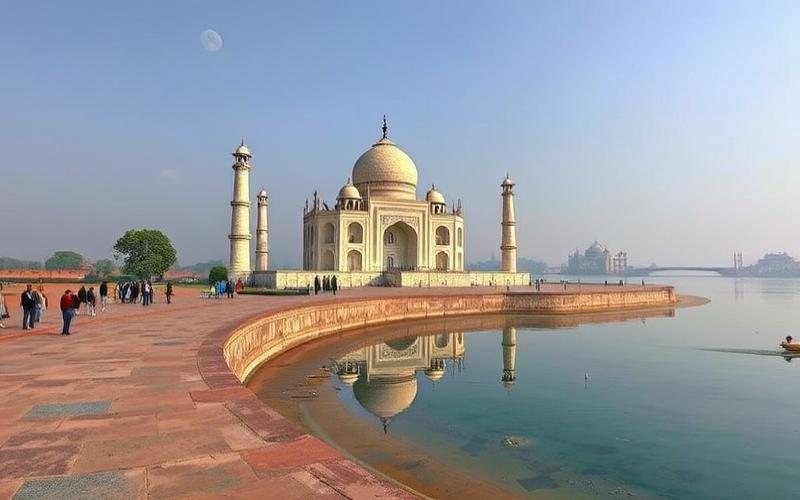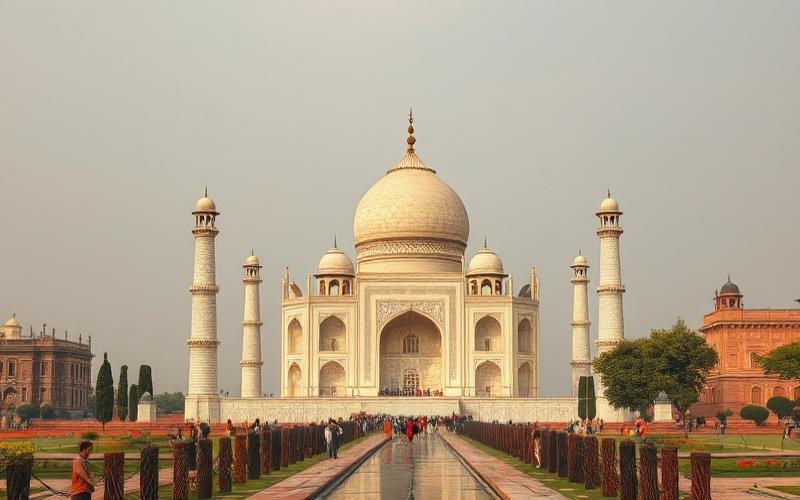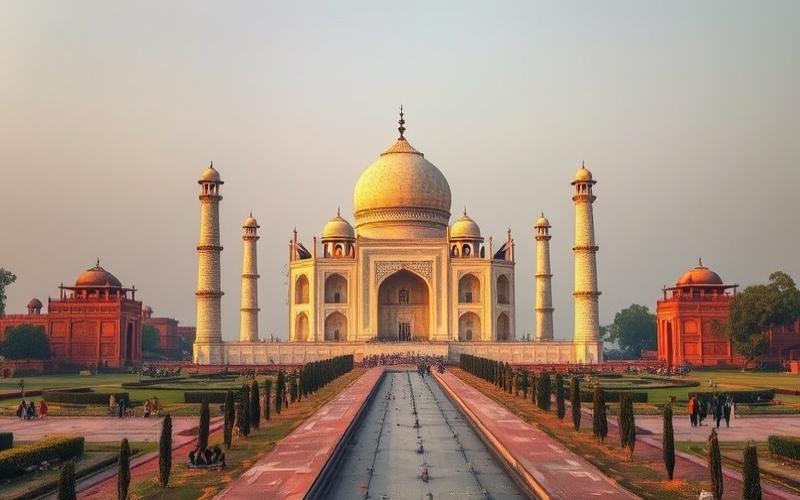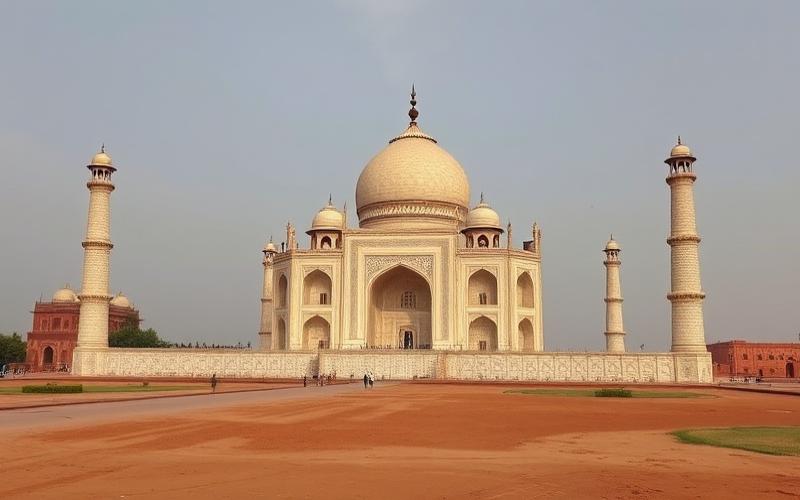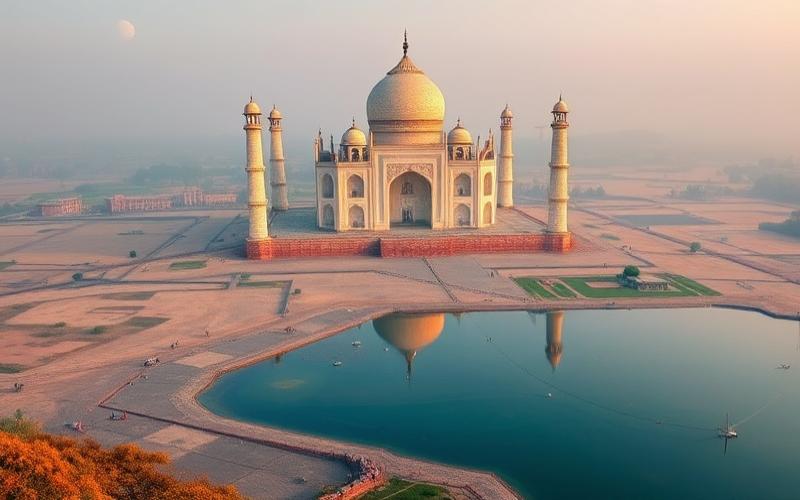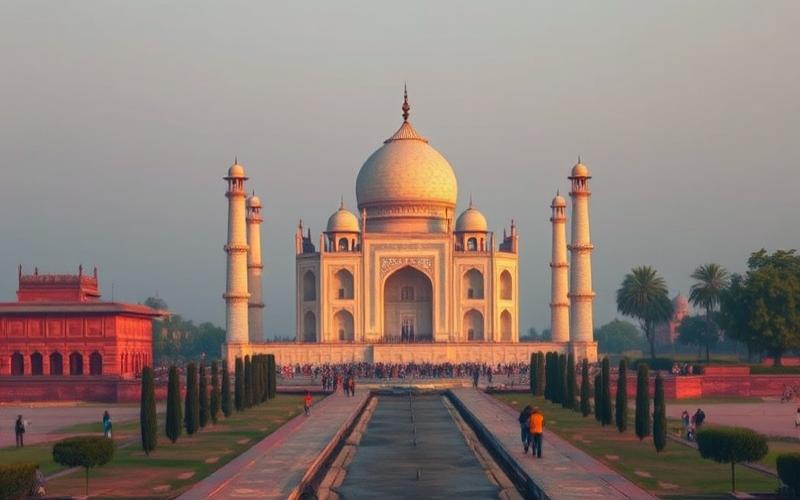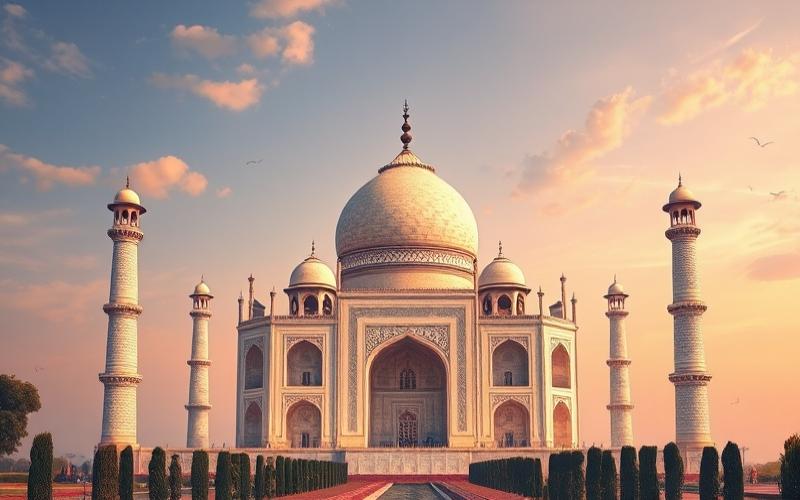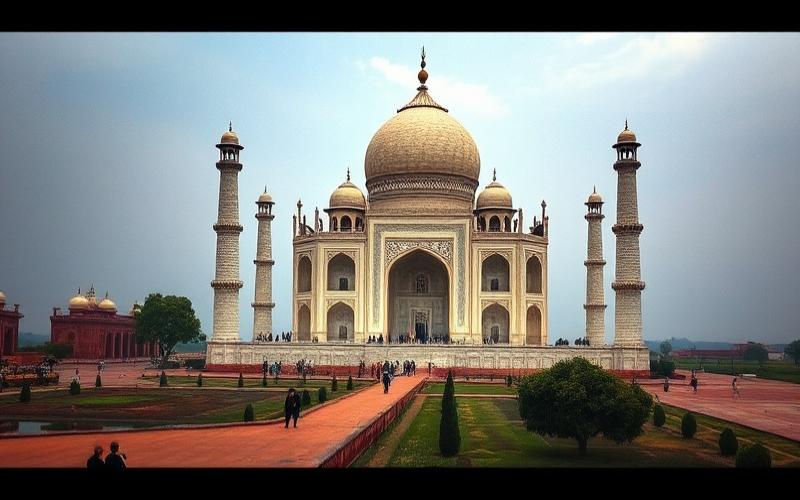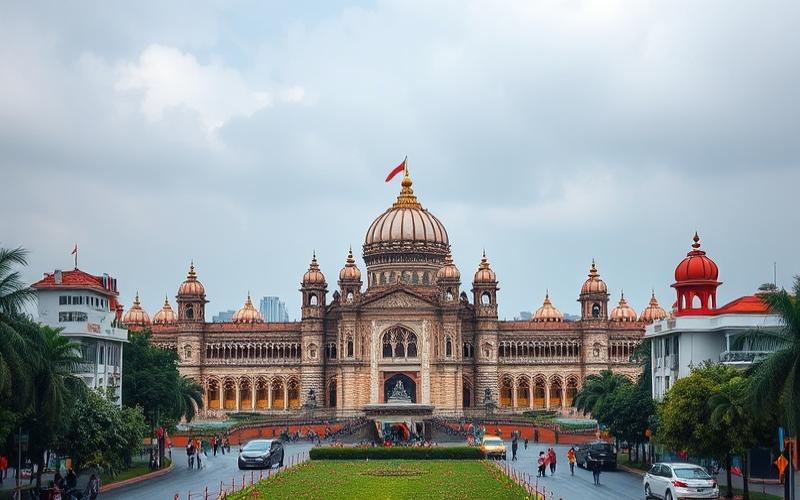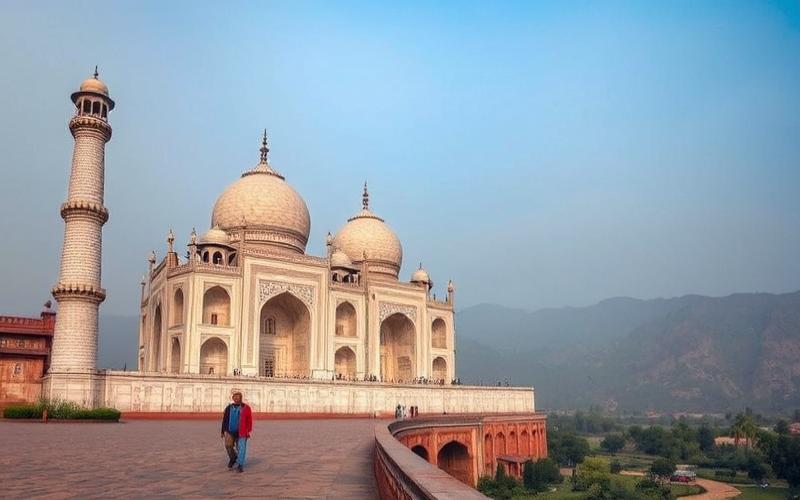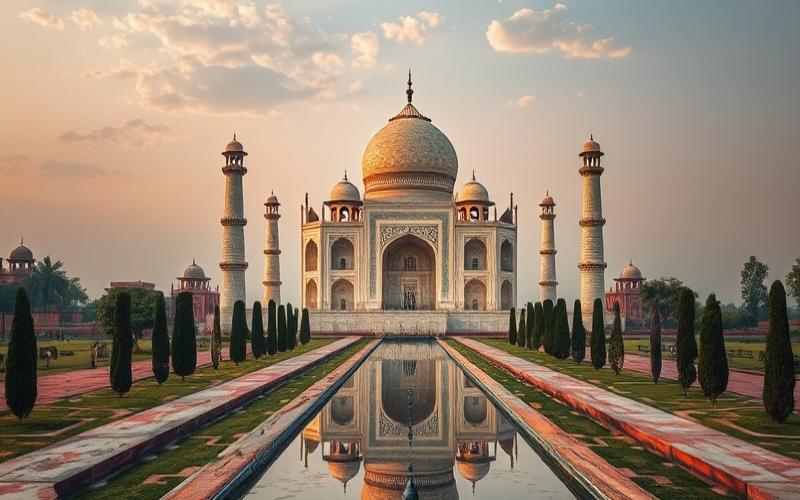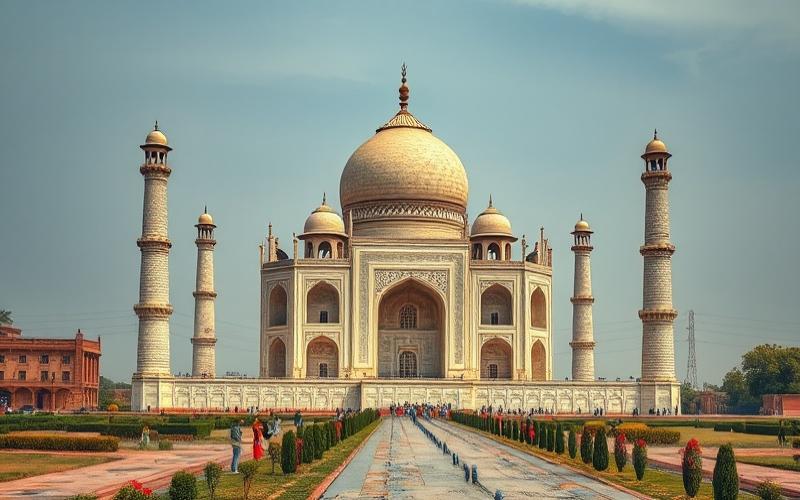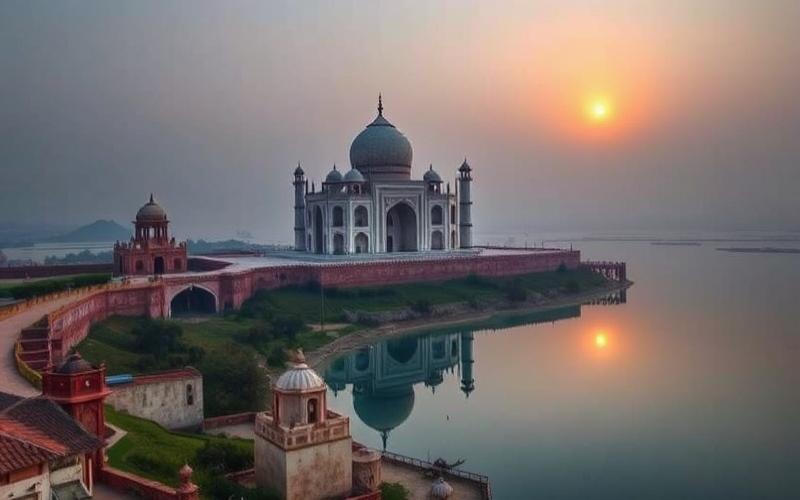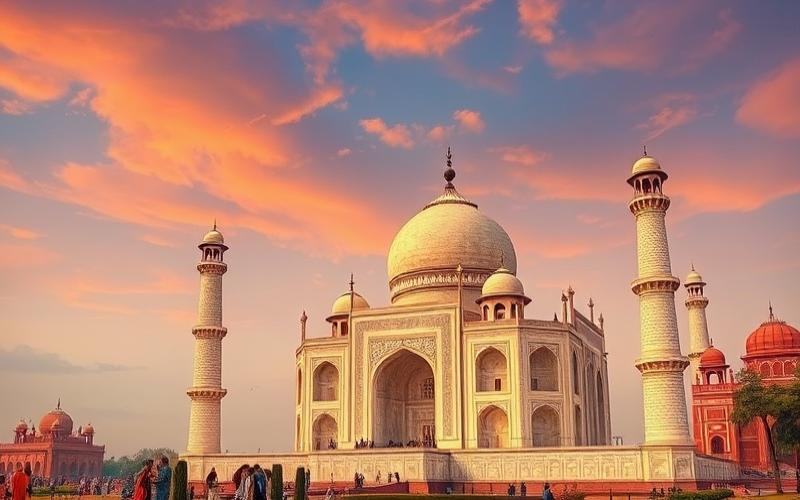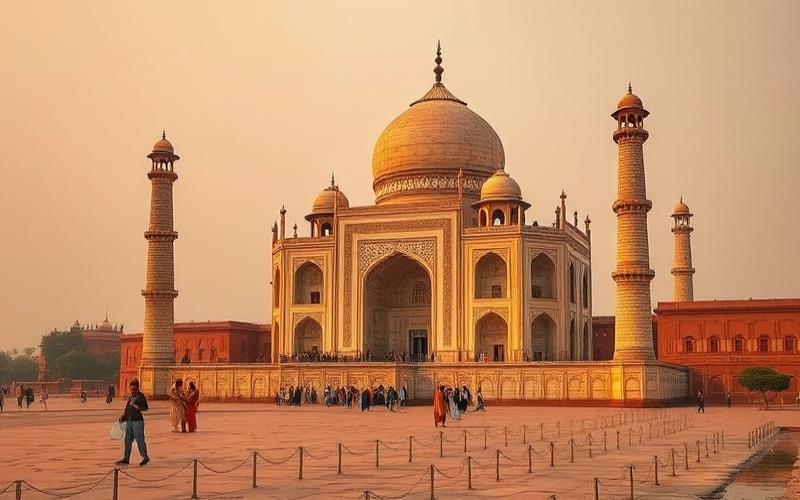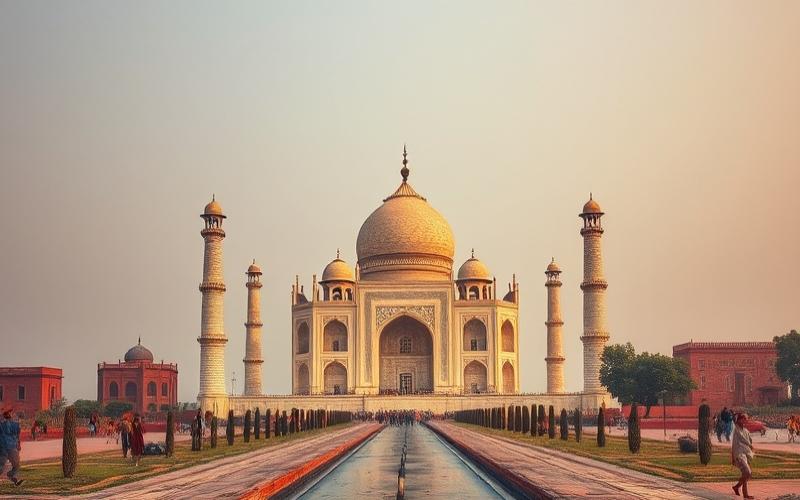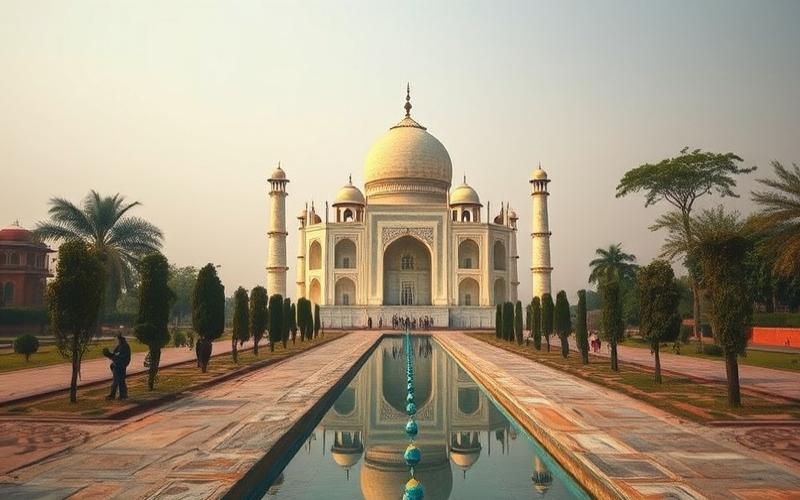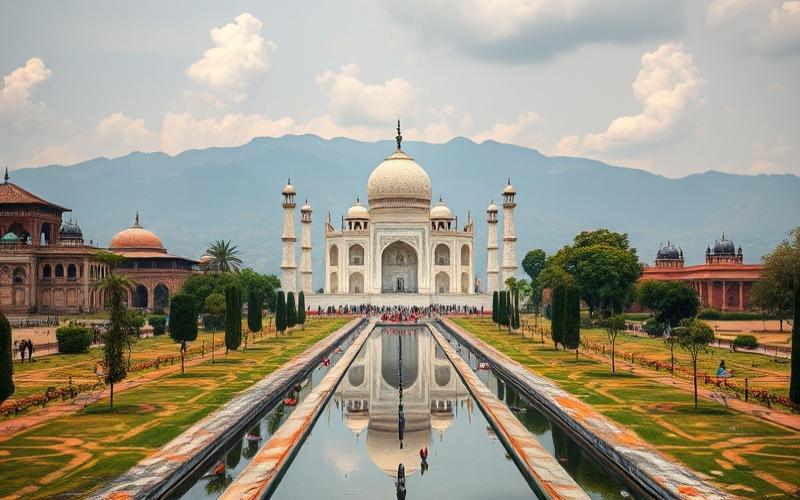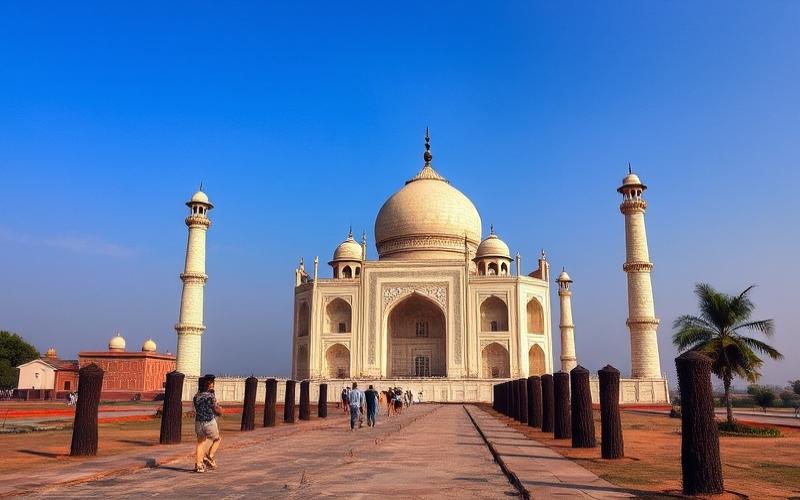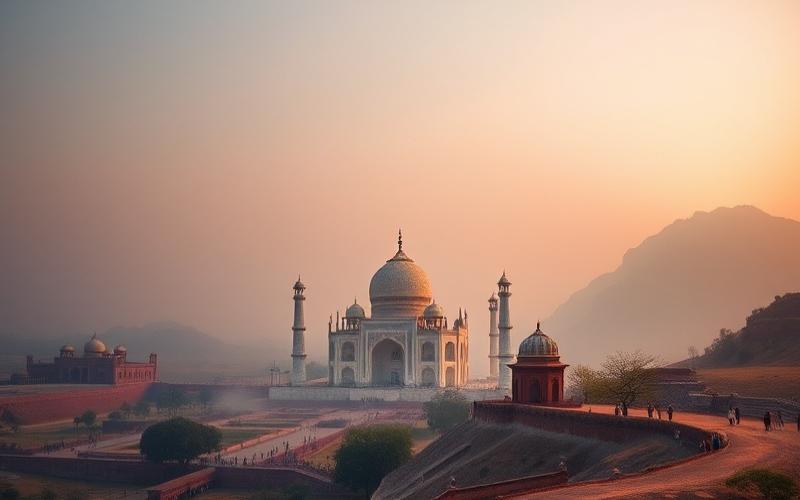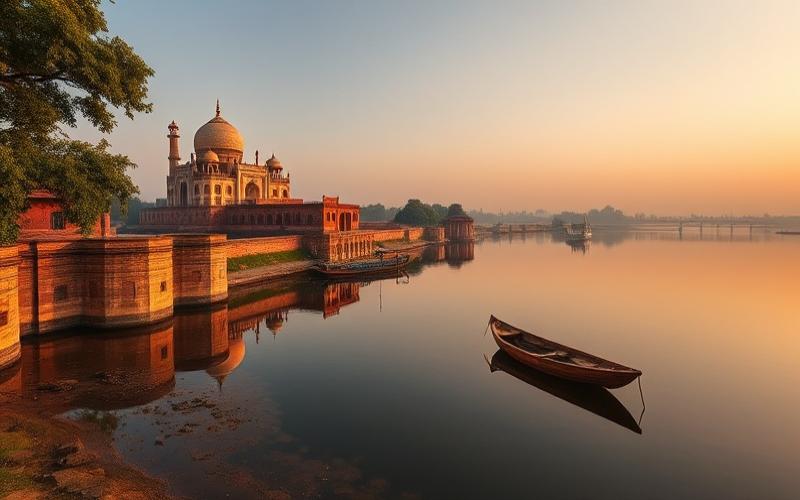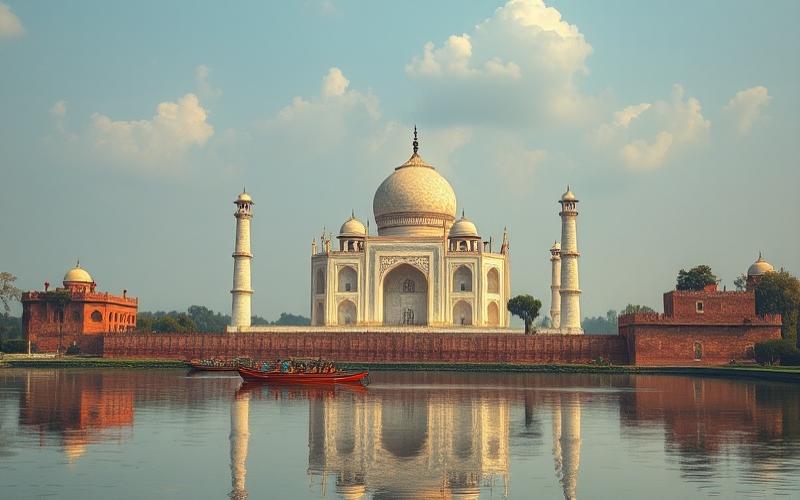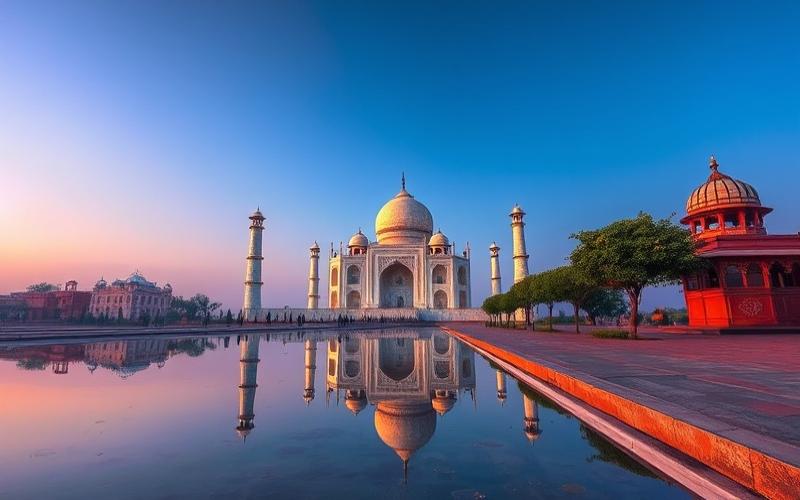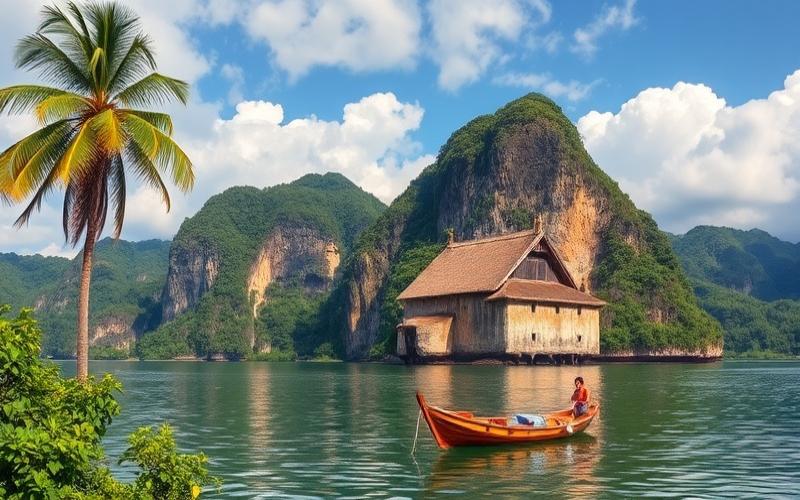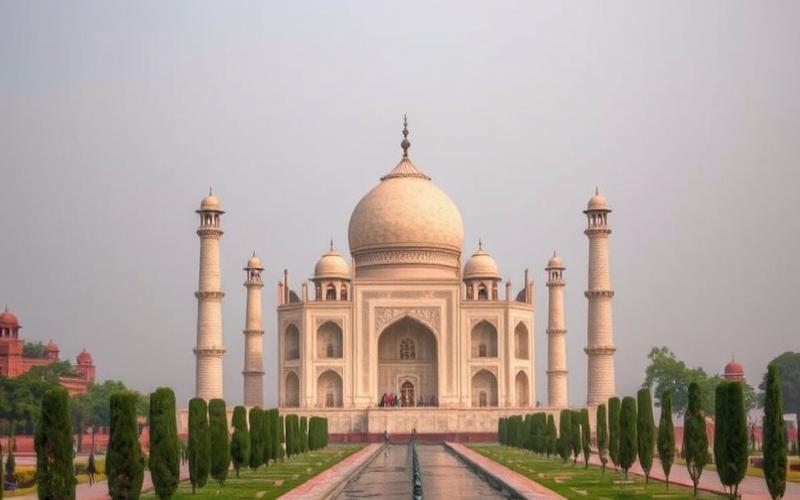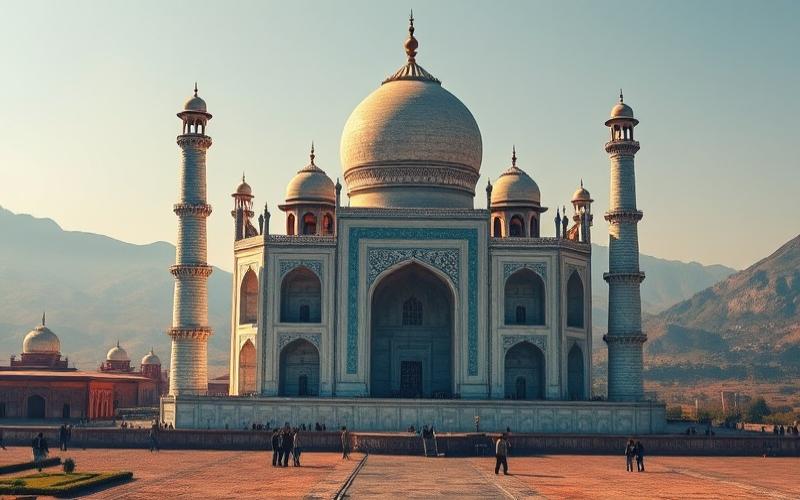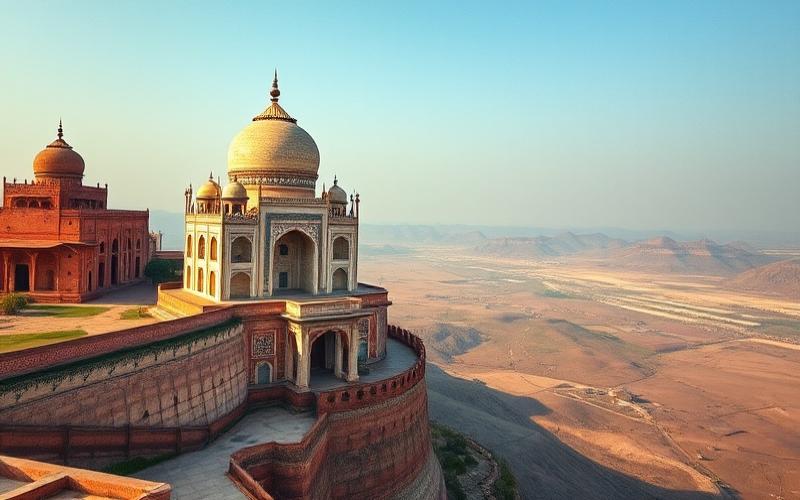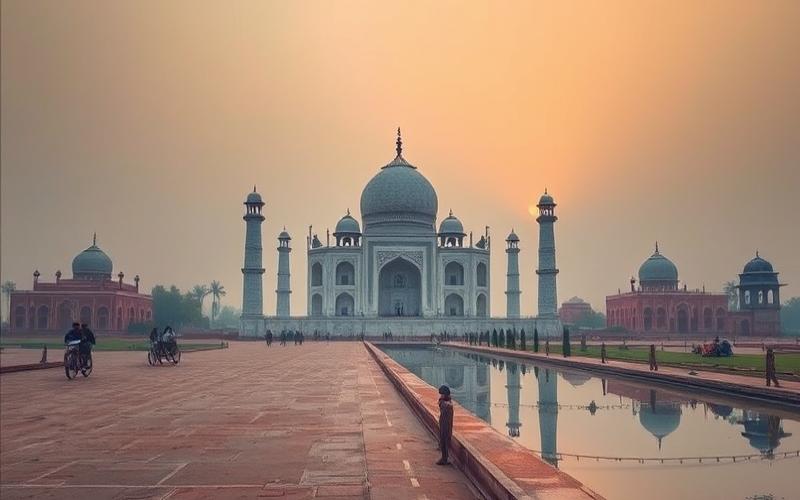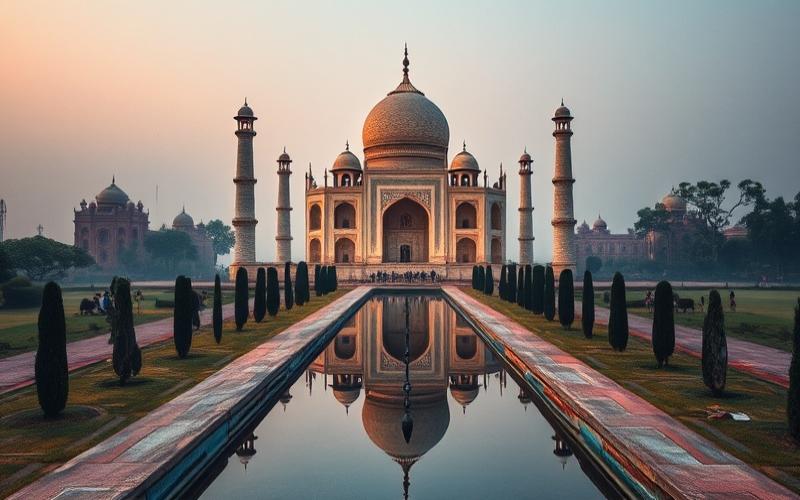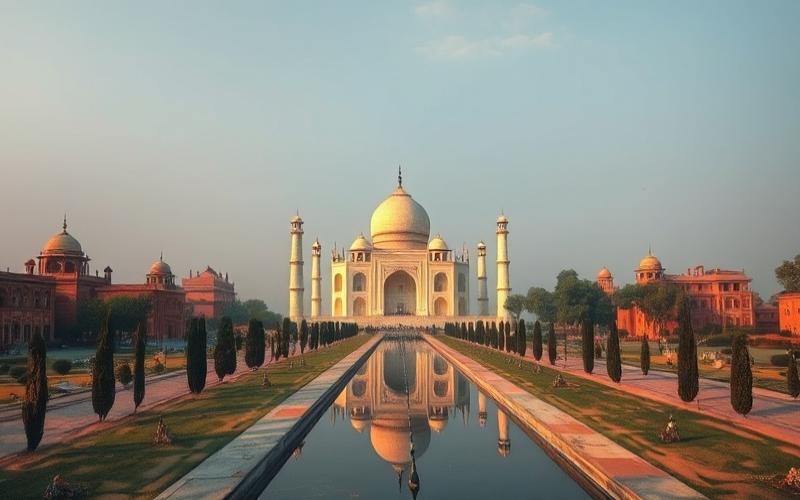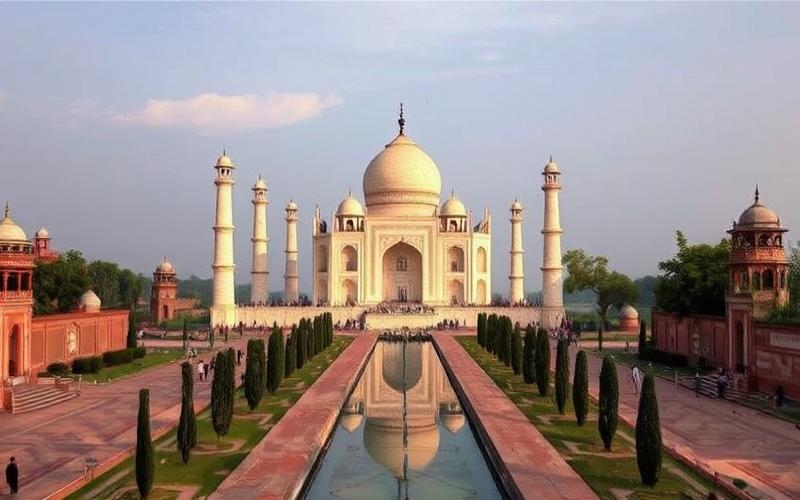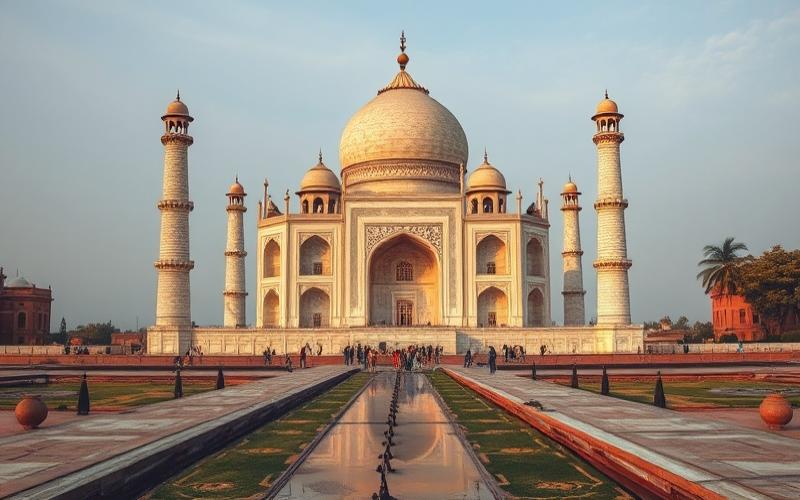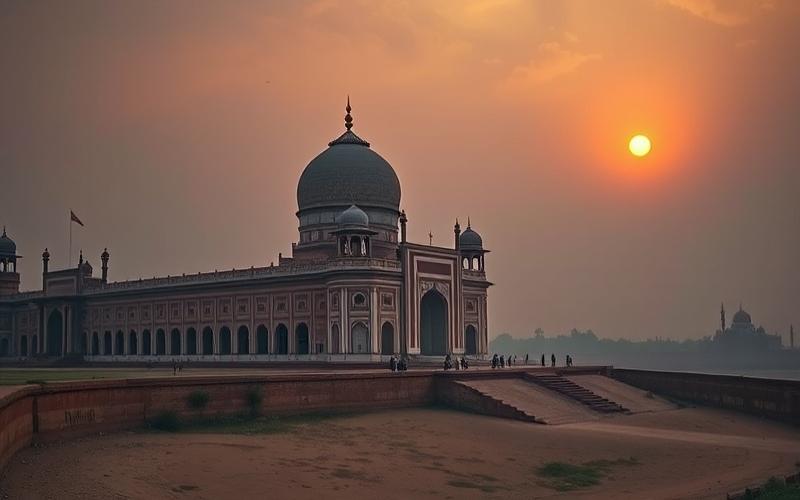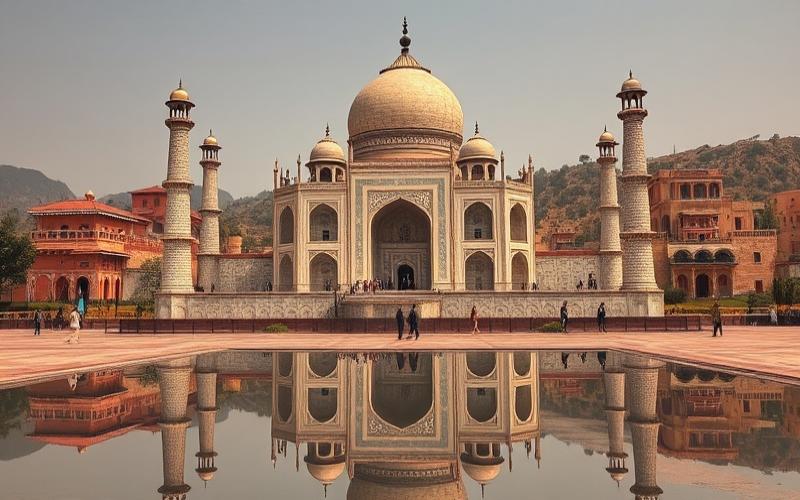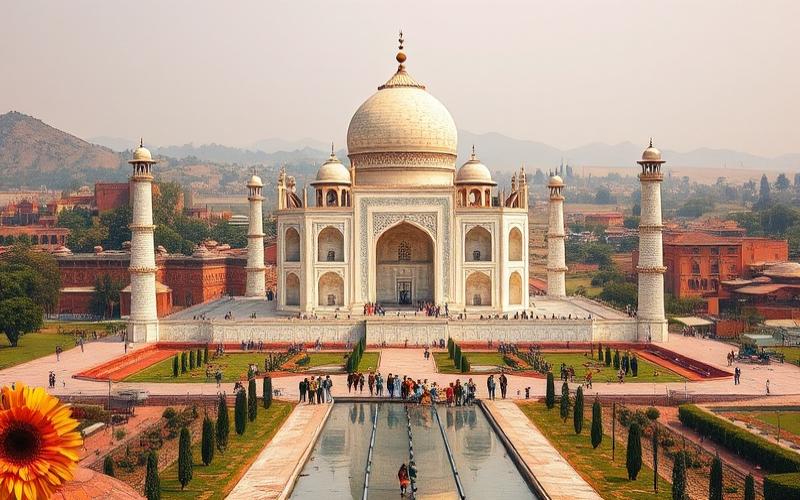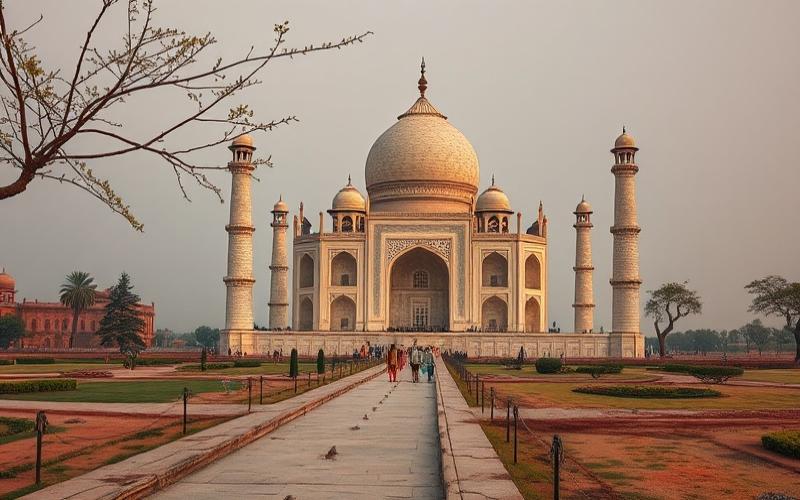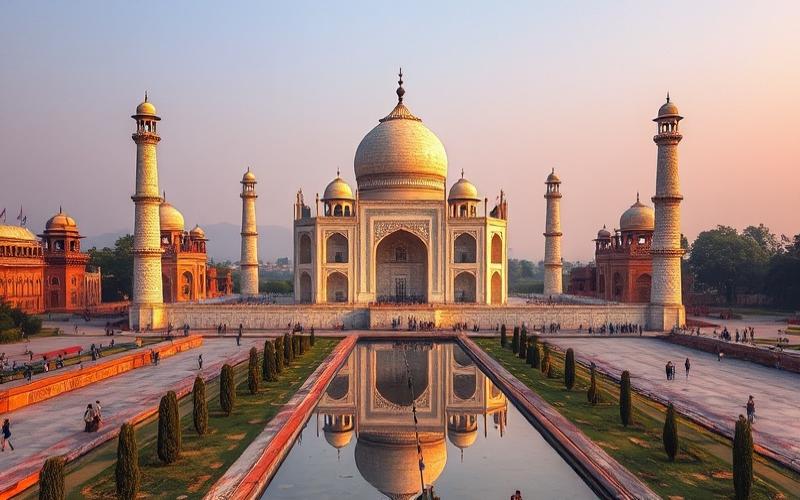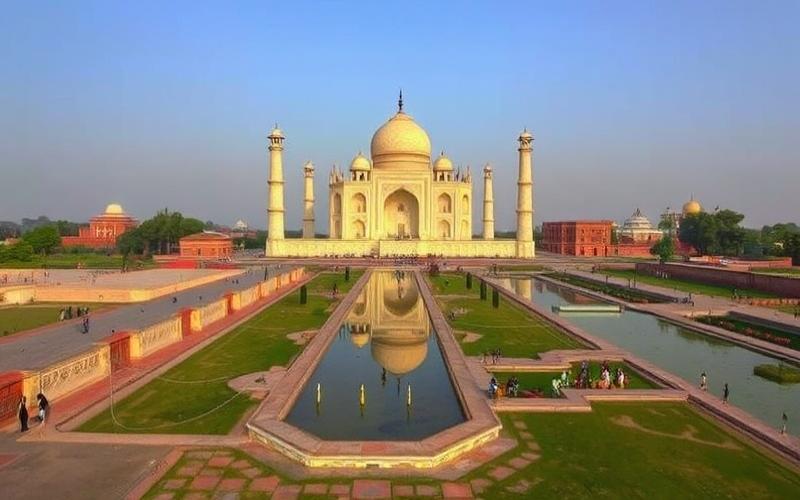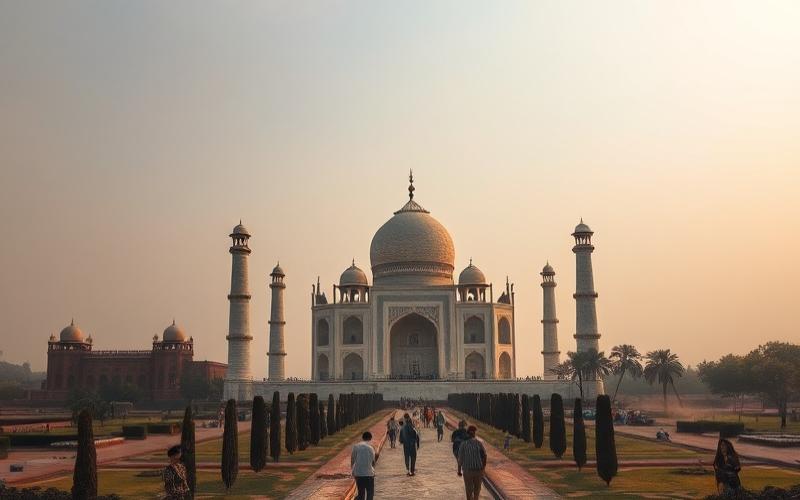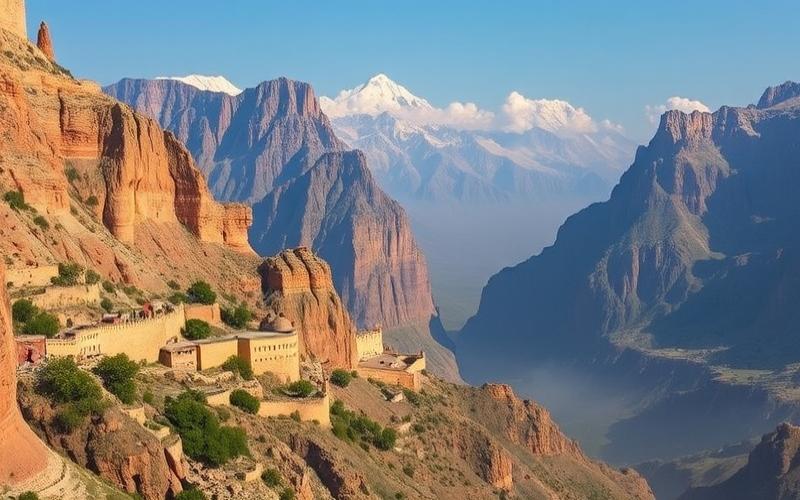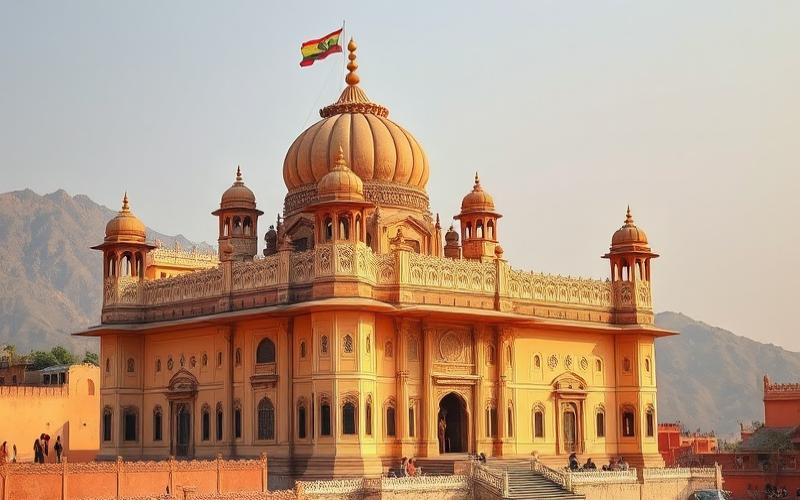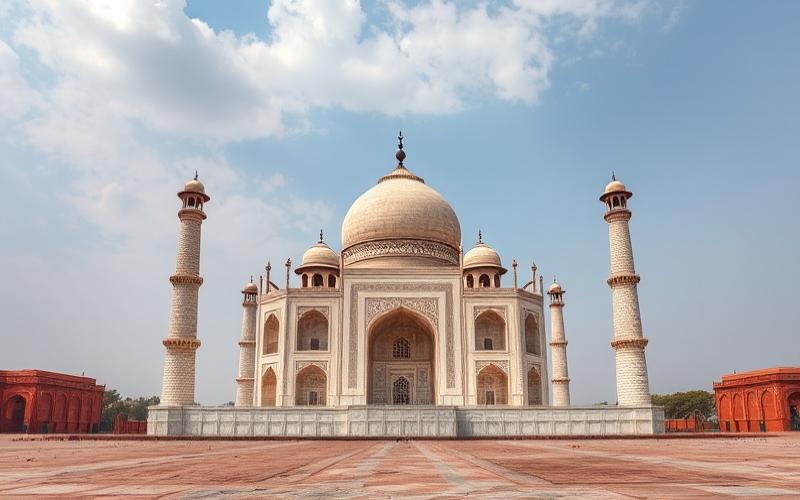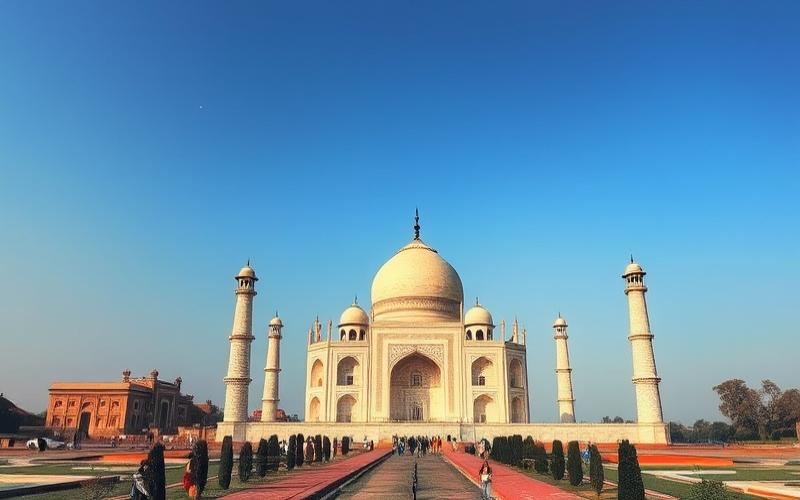
 Published on and written by Cyril Jarnias
Published on and written by Cyril Jarnias
India, with its rich history and vibrant culture, has become over the years a preferred destination for many expatriate communities seeking new opportunities and enriching experiences.
In this vast country, networks and associations play a fundamental role by providing essential support, facilitating integration, and fostering personal and professional development.
Whether for students, professionals, or families, these gatherings offer a welcoming space to exchange, learn, and build strong bonds within this multicultural mosaic.
At the heart of this article, discover how these networks not only strengthen the sense of belonging but also contribute to India’s economic and social dynamism.
Exploring Expatriate Community Networks in India
Expatriate communities in India are characterized by great diversity in origins, motivations, and dynamics.
Main Nationalities Represented
| Country of Origin of Expatriates in India | Main Characteristics |
|---|---|
| United States | Skilled professionals (technology, multinational corporations) |
| United Kingdom | Historical and economic presence, education sector |
| France | Entrepreneurship, cultural and scientific cooperation |
| Japan / South Korea / China | Industrial investments, structured business communities |
| Germany / Other European Countries | Technical experts and executives in industry or diplomacy |
Other significant groups come from the Middle East (particularly posted workers), as well as African or Asian countries linked to academic or commercial partnerships.
Role of Social and Professional Networks
- They facilitate mutual assistance upon arrival (housing, administrative procedures).
- They provide a space for exchanging professional experiences.
- They serve to maintain cultural ties.
Notable Examples
- Platforms like Internations or Expat.com virtually bring together expatriates by their Indian city.
- Bilateral chambers of commerce (Indo-French Chamber of Commerce and Industry for France), Franco-Indian cultural associations.
- Facebook/WhatsApp groups dedicated by nationality or professional interest.
Community Initiatives to Preserve Culture
- Regular organization of national festivals: French national celebrations on July 14 in Pondicherry or Thanksgiving among Americans in several Indian cities.
- Native language classes offered to expatriate children in some international schools.
- Food evenings showcasing the cuisine of the home country.
To Facilitate Integration
- Intercultural workshops to better understand the Indian context (social practices, professional codes).
- Joint actions with local NGOs on social volunteering allowing for better immersion in the host society.
Challenges Faced by Expatriates
- Difficulty in cultural adaptation due to lifestyle shocks (food habits, different hierarchical relationships…)
- Administrative complexity regarding visas/work/taxation
- Sometimes limited access to certain jobs reserved primarily for Indian citizens
- Costly international schooling
Opportunities
- Rapid expansion of IT/startup sectors offering attractive positions to international profiles
- Environment conducive to international networking
- In-depth discovery of the Indian cultural fabric thanks to a strong local presence
Testimonials/Case Studies
“Being part of the French network not only allowed me to quickly get a job matching my skills but also provided a real family away from home. The monthly gatherings were essential for my well-being,” explains Claire L., an active member of the Francophone network in Bangalore.
A Japanese entrepreneur based near Chennai testifies to having been able to set up his business thanks to “the logistical support offered by the Nippon-Indian club which connected local experts and foreign investors.”
Reflection on Future Evolution
Growing internationalization favors the digital and physical strengthening of community networks. Current Indian policy increasingly encourages highly skilled international mobility while tightening some regulatory aspects related to foreign work. Thus, we observe:
- Increased professionalization of associative networks,
- Continuous development of hybrid events mixing local and foreign communities,
- Ongoing adaptation to legislative changes aimed at either attracting or further regulating foreign reception according to India’s strategic economic needs.
Community networks will therefore remain essential both to preserve identity and facilitate integration—they will evolve with the globalized context but also under the direct constraint of national migration policies.
Good to Know:
In India, expatriate communities are diverse, with a strong presence of American, British, Japanese, and German nationals, each forming essential social and professional networks to exchange information and support. Platforms like Internations or dedicated Facebook groups facilitate these interactions, offering a space to discuss integration or Indian culture. Organizations such as chambers of commerce and cultural clubs also allow for celebrating traditions while adapting to local life. Expatriates face challenges like cultural adaptation and professional regulations but also benefit from opportunities in emerging sectors. For example, members often share how these networks facilitated their professional and social integration while fostering intercultural initiatives. The future of these communities depends on increasing international mobility and evolving Indian policies, suggesting a dynamic of openness and continuous mutual enrichment.
Mutual Aid Associations for Expatriates in India
Many mutual aid associations for expatriates exist in India to facilitate the integration and well-being of newcomers. These associations offer a range of essential services, from assistance with settling in to cultural and social support.
| Association | Main City | Types of Services Offered | Testimonials or Specifics |
|---|---|---|---|
| Mumbai Expat Club | Mumbai | Social activities, art, dinners, events | “The brunches and evenings helped me feel at home quickly.” |
| Mumbai Connexions | Mumbai | Settlement support, events, charity | “I found a supportive and active community.” |
| Delhi Network | New Delhi | Practical assistance, support groups, family events | “The network helped me find housing and schools for my children.” |
| France Volontaires Inde | New Delhi | Resources for volunteers, orientation, integration | “The hub guided me through my administrative procedures.” |
| Kolkata International Women’s Club | Kolkata | Support among expatriate women, workshops, mutual aid | “A valuable space for exchange and support.” |
Services and Support Offered by These Associations
- Settlement Assistance: advice on housing, administrative procedures, city orientation, sharing useful contacts.
- Cultural and Linguistic Support: language workshops, explanations of local customs, guided tours, intercultural exchanges.
- Legal and Practical Advice: information on visas, local legislation, children’s schooling, health.
- Social and Networking Activities: organization of dinners, brunches, cultural outings, sports groups, charity events.
- Support Groups and Forums: spaces for sharing advice, experiences, and combating isolation.
Impact on Well-being and Integration
These associations help create a strong social network upon arrival, limiting the feeling of isolation often experienced by expatriates.
They facilitate access to reliable information and practical advice, avoiding many initial mistakes or difficulties.
Involvement in cultural and social activities accelerates adaptation to Indian life and fosters a sense of belonging to a community.
Concrete Examples of Support Experienced by Expatriates
“Thanks to Mumbai Connexions, I quickly found an apartment and met other French families. The workshops on discovering Indian culture helped me better understand my environment.”
“The Delhi Network advised me on administrative procedures and my children’s schooling. The weekly meetings became a must-attend event for the whole family.”
“France Volontaires Inde supported me from my arrival: practical advice, city orientation, and attentive listening during moments of doubt.”
These associations play a key role in the success of expatriation in India, offering both logistical, cultural, and human support.
Good to Know:
In India, various mutual aid associations for expatriates, like InterNations and Expat Life India, play a key role in integrating newcomers. They offer a multitude of services ranging from settlement assistance, such as finding housing and schools, to legal advice to navigate local administrative complexities. These associations also provide language courses to better understand local dialects and organize cultural and networking activities that enrich expatriates’ social lives. They significantly impact expatriates’ well-being by creating a sense of community and reducing isolation. Many expatriates testify to the valuable support of these networks, helping them adapt more serenely to their new life in India, as expressed by Nathalie, a French expatriate, who emphasizes the importance of meetings facilitated by these groups to feel “at home” in such a diverse country.
Must-Attend Events for Expatriates in India
Major cultural festivals in India offer expatriates unique opportunities to discover the richness of local traditions.
- Diwali (festival of lights): celebrated throughout India, Diwali illuminates cities and villages with lamps, fireworks, and family festivities. Expatriates are often invited to share this experience in residential neighborhoods or through local associations.
- Holi (festival of colors): Holi marks the arrival of spring and is characterized by large battles of colored pigments in streets and parks. The event is open to all, fostering encounters between locals and foreigners in a festive atmosphere.
- Other popular festivals include Durga Puja, Dussehra, Ganesh Chaturthi, and Eid, which also allow expatriates to explore various facets of Indian culture.
Events Organized for Expatriates
- Monthly meetings offered by expatriate clubs (Expat Club India, InterNations), often in the form of cocktail parties, themed evenings, or brunches.
- Professional networking events organized by international chambers of commerce (French Chamber of Commerce in India, Indo-German Chamber), allowing for the development of local professional networks.
- WhatsApp/Facebook groups dedicated to expatriates facilitate the spontaneous organization of cultural or sports outings.
Popular Sports Gatherings
- Cricket matches bring the whole country together; attending a match in an Indian stadium is a major social experience. Some clubs also offer cricket initiation for foreigners.
- Football and tennis are also practiced during intercommunity events open to newcomers.
Workshops & Conferences to Facilitate Integration
Typical list:
- Indian culinary workshops
- Hindi or English language courses
- Seminars on local legislation and labor law
- Intercultural conferences on professional differences between India and Europe
Summary Table
| Type of Event | Main Objective | Example/Organizer |
|---|---|---|
| Traditional Festival | Cultural Discovery | Diwali – Local Associations |
| Expat Club Meeting | Socialization/Networking | InterNations Mumbai |
| Sports Match | Socialization | IPL Cricket Matches – Local Stadium |
| Workshop/Conference | Professional/Cultural Integration | Indo-French Chamber |
Resources to Find These Events
Specialized websites:
- InterNations.org (India section)
- Meetup.com (“expatriates in India” groups)
- Eventbrite.in
- International chambers of commerce
Social networks:
- Facebook groups “Expats in Delhi/Mumbai/Bangalore”
- Reddit forums r/indiaexpats
Good to Know:
Expatriates in India can enrich their cultural and social experience by participating in iconic festivals such as Diwali, the festival of lights, and Holi, known for its vibrant colors, thus fostering authentic immersion in local culture. Expatriate associations regularly organize dedicated events, such as monthly meetings and professional networking evenings, facilitating integration and connection-building. Cricket matches, highly popular in the country, also offer excellent opportunities for socialization. Additionally, workshops and conferences are offered to help with expatriates’ cultural and professional adaptation. To not miss these opportunities, it is advisable to consult specialized websites and join social media groups dedicated to expatriate communities in India, where various events and resources are regularly shared.
Disclaimer: The information provided on this website is for informational purposes only and does not constitute financial, legal, or professional advice. We encourage you to consult qualified experts before making any investment, real estate, or expatriation decisions. Although we strive to maintain up-to-date and accurate information, we do not guarantee the completeness, accuracy, or timeliness of the proposed content. As investment and expatriation involve risks, we disclaim any liability for potential losses or damages arising from the use of this site. Your use of this site confirms your acceptance of these terms and your understanding of the associated risks.

